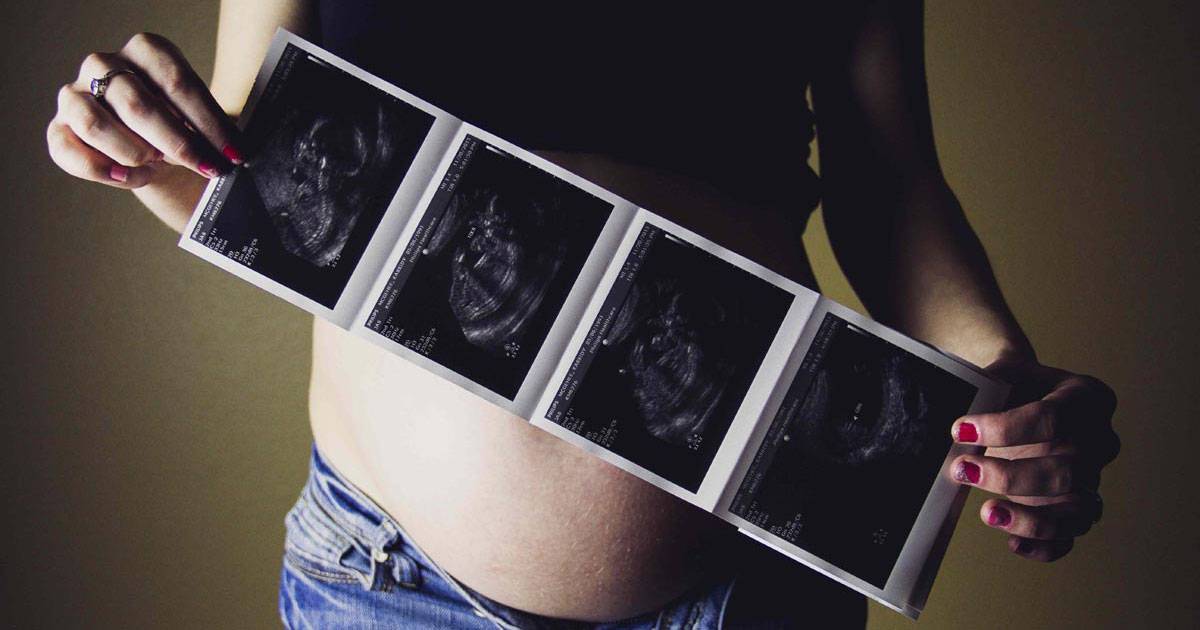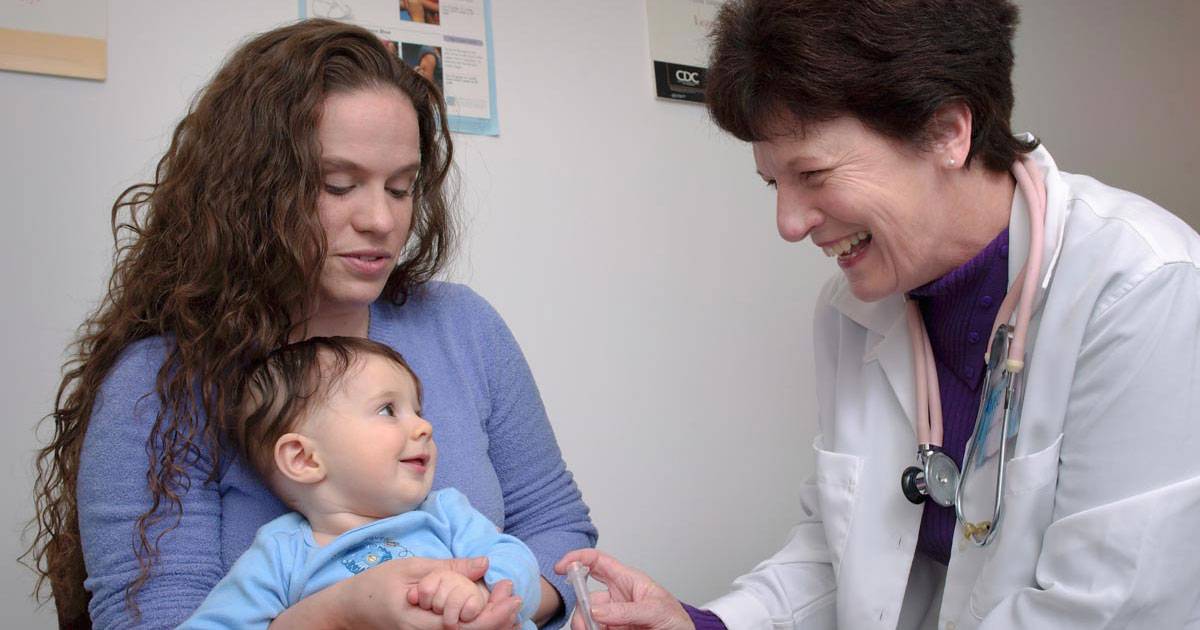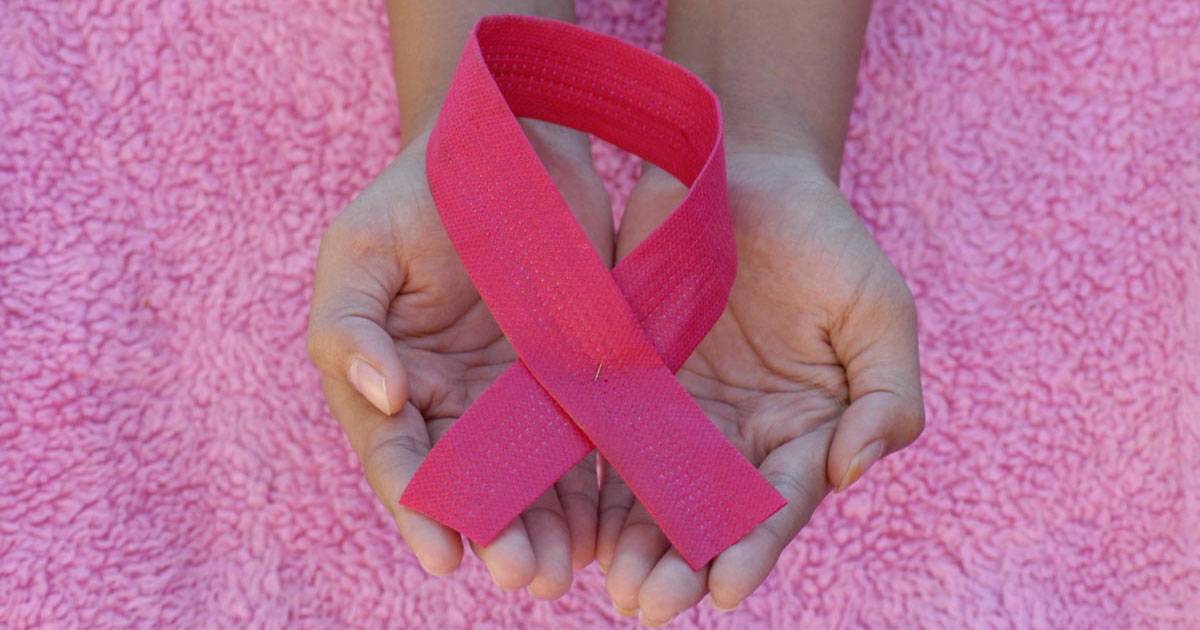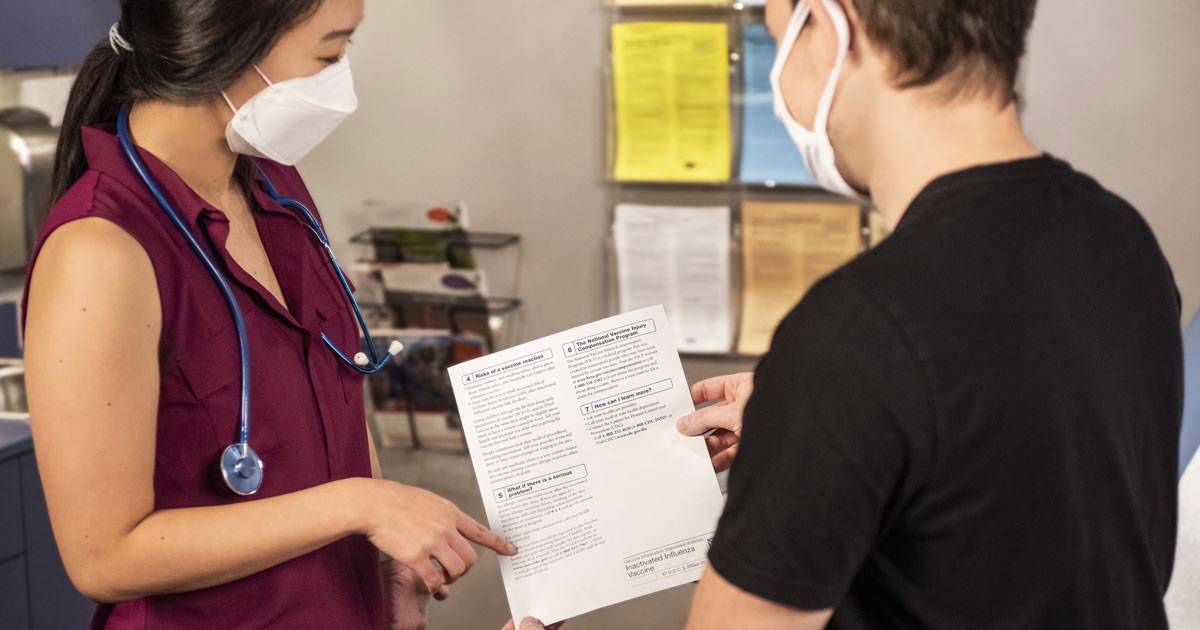In the Philippines, diabetes is a prevalent and persistent health problem – one with complications that may affect your liver health and other body systems.
Based on May 2020 data from International Diabetes Federation, 6.3% of Filipino adults are afflicted with diabetes; rounding out to nearly four million cases. But having diabetes is not the only issue that these affected adults have to worry about, because the disease also results in other unpleasant and surprising health issues.
Poor liver health is one of these unpleasant complications. Those affected with diabetes usually experience non-alcoholic fatty liver disease (NAFLD). Dr. James Tabibian of the University of California, Davis stated that it is considered a common diagnosis among diabetes patients, and often comes as a shocking revelation to patients. NAFLD worsens over time, which is why Dr. Tabibian strongly advises that those with diabetes take extra precautions on taking great care of their liver.
What is a non-alcoholic fatty liver disease (NAFLD)?
NAFLD is a common metabolic disorder that often develops in people living with diabetes.
It is a condition wherein there is excess fat in your liver. From the name itself, you can develop this form of fatty liver disease even if you drink little or no alcohol at all. It is linked mostly to diabetes, obesity, and cardiovascular diseases.
Additionally, the link between NAFLD and diabetes and how they are correlated is also known to go both ways. A study published in the National Center for Biotechnology Information showed that NAFLD increases the risk of a patient developing diabetes, while having diabetes can similarly increase the risk of NAFLD developing and progressing to liver inflammation and scarring.
What are the symptoms of NAFLD?
NAFLD usually does not have symptoms and you will be needing health examinations to determine if your liver health is in trouble. But as the popular saying goes, prevention is better than cure. Do not wait for an examination to confirm your fears that you might have NAFLD, but focus on finding ways on how to take care of your liver.
How to protect your liver health if you have diabetes
Here are some expert care tips that you can follow to prevent diabetes from damaging your liver.
 Photo courtesy of National Cancer Institute on Unsplash
Photo courtesy of National Cancer Institute on Unsplash
1. Consult your doctor about your health concerns.
It is not good to guess what is good and what is not bad for your health. If you find yourself getting worried about your liver health, seek medical advice from excellent doctors. Avoid listening to medical advice that someone just told you, unless they are an actual medical expert. Medical misinformation is also common online, so be sure to read information in legit medical websites and be discerning enough to spot fake medical news.
Directly asking medical advice from doctors will prevent unnecessary fear and worry. Also, your doctors will provide you with effective options that will truly help you in avoiding NAFLD.
 Photo courtesy of Toa Heftiba on Unsplash
Photo courtesy of Toa Heftiba on Unsplash
2. Avoid artificial or processed foods.
Processed foods are not good for anyone’s overall health. They are high in harmful content such as fats, sugar, and salt, which will definitely result in poor liver health if you eat them everyday. But it can be difficult to avoid them these days, especially if you have a fast-paced lifestyle where you have little to no time to prepare food for yourself.
Still, you have to find eat healthy even if you are super busy. Prepare healthy meals in advance, browse the healthy options in your local restaurants, and allot budgets for healthy snacks like fruits are some of the solutions that you can try to avoid picking artificial or processed meals.
 Photo courtesy of Ethan Sykes on Unsplash
Photo courtesy of Ethan Sykes on Unsplash
3. Drink lots of water.
Some health tips do not have to be complicated. Drinking lots of water is one of them, and it can already do wonders for your liver. Drinking water can help flush toxins from your body, prevent dehydration, and help your liver to function better.
But remember, focus on drinking water alone. While fruit juices and other sweetened drinks may have water, it is not the same as drinking water on its own. They have artificial sweeteners, which are not recommended for your liver if consumed in high amounts.
 Photo courtesy of Boxed Water Is Better on Unsplash
Photo courtesy of Boxed Water Is Better on Unsplash
4. Aim to exercise at least 30 minutes a day.
Exercise is strongly recommended for anyone who wants to have good liver health. According to Dr. James H. Tabibian of the University of California, Davis, losing weight through exercise can help maintain diabetes and prevent NAFLD. He added that losing 10% of your current body weight can help decrease liver fat and inflammation.
But if you have tried both diet and exercise and nothing seems to work, it is time to consult your doctor once again. Consider discussing other options with your doctor to help you lose weight, such as weight loss supplements. Do not attempt to try other weight loss options or medications on your own, as doing so can be dangerous and harmful to your health.
 Photo courtesy of Wesual Click on Unsplash
Photo courtesy of Wesual Click on Unsplash
5. Eat fiber-rich foods.
Fiber does wonders for your liver health. They help your liver work at its best, and they can help regulate your blood sugar. You can increase your fiber intake by replacing common food items with fiber-rich options.
For example, replace white rice and bread with brown rice or wheat bread. For snacks, buy whole fruits and raw vegetables instead of your usual biscuits, candies, or chips. Make sure not to overdo it though. The recommended daily intake for children and adults is only 20 to 30 grams per day. Too much fiber can result in stomach discomfort, diarrhea, and bloating.
If you want to keep your liver healthy, it is best to have regular health habits. Get regular health checks, make small healthy changes to your diet, and stay away from health misinformation.
To make sure that you only get the best medical services and consultations from excellent doctors, book your online consultations and medical examinations with The Hospital at Maayo.
































Leave a Reply